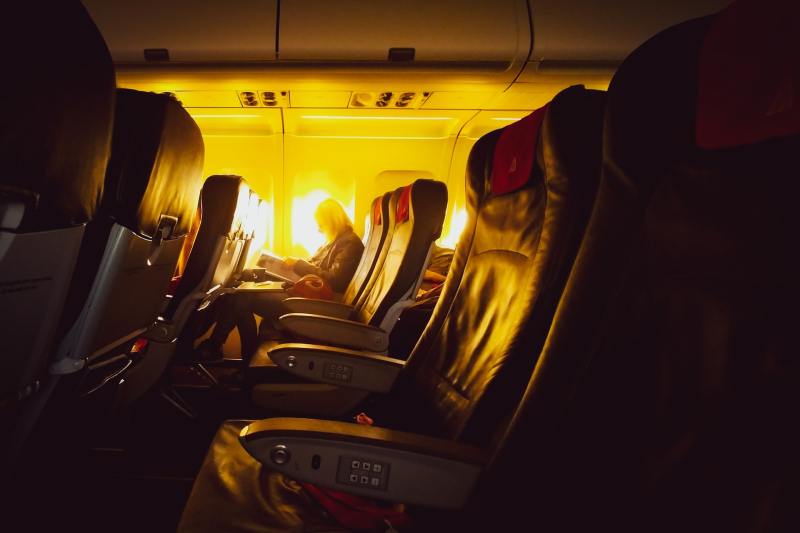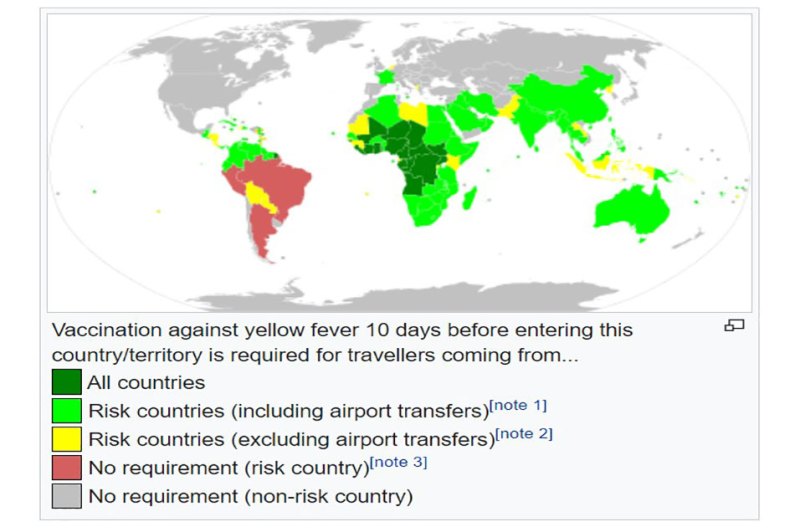
After shuttering its doors for more than 12 months, the travel industry is finally getting back to something approaching “normal.” Some are saying this year is shaping up to be much, much different than any year in history, however. Throughout the world, international travelers face strict regulations, including quarantine, mandatory COVID-19 tests at the airport, and more. So-called “vaccine passports” (sometimes incorrectly called “immunity passports”) may be a way to streamline the whole process. But will they irreversibly change the future of travel? The short answer is no. Here’s why.
Related Guides
Vaccine certificates or “vaccine passports” are nothing new. Anyone who’s traveled to more exotic destinations knows that they’re often required. Costa Rica, Morocco, and Thailand, for example, all require proof of yellow fever vaccination. Since 1959, the Certificate of Vaccination or Prophylaxis (ICVP) — often just the “Yellow Card” or Carte Jaune — has become the standard. Foreign visitors are required to flash this official paper certificate to border patrol in these and many other countries to prove they’ve been inoculated before they’re allowed entry. It’s so common, in fact, that the Centers for Disease Control has a dedicated tool to help travelers know which countries require the vaccine and which health providers in their area can wrangle the necessary paperwork beforehand. In addition to yellow fever, some countries also use vaccine passports to screen visitors for polio and meningococcal meningitis — both of which could devastate an at-risk population.

The reason for such certificates is obvious. If there’s one thing most sane people can agree on politically, it’s that national governments have a right — a duty, really — to protect their people. That means shutting down potential threats of disease at the border through any means necessary. You, as a guest of your next destination, don’t have a right to infect that destination’s population with your filthy germs. It’s hard to imagine that this could even be controversial. For nearly a century, the concept has been used worldwide to help eradicate or, at the very least, control the spread of everything from yellow fever to cholera to typhus. We continue to use it because it works.
Dr. Anthony Fauci said in a December 2020 MSNBC interview that the concept of COVID-19 vaccine passports was “at least interesting enough to consider.” The government’s hinting at this sparked renewed outrage among libertarians and anti-maskers convinced the concept further erodes our freedoms. It has become yet another flashpoint in the drama surrounding the global pandemic with cries of government overreach and invasion of privacy. Many of the same people argue that mandated vaccine passports will indelibly change the face of travel. But much of the world has already been using them for the better part of a century. Again, this is nothing new.
Here at home, Dr. Fauci has noted it’s unlikely the federal government will ever mandate vaccine passports for domestic travelers. He said on the Politico Dispatch podcast, “I doubt that the federal government will be the main mover of a vaccine passport concept.” The choice and the responsibility to require vaccine passports will fall to the local level. It will be up to state and town governments to enforce vaccine passport requirements or not. Some states like Florida have already outlawed them, and other states are likely to follow suit. For travelers, even to pro-passport states, it’s unlikely to affect their day-to-day movements except at large events like concerts, sporting arenas, or large business conferences where organizers may require them. Airlines may also opt to require them for a brief time before the country achieves herd immunity. But is that really such a high price to pay for us to help keep everyone safe?
If you’re itching for a vacation right now but can’t — or don’t want to — deal with the red tape of traveling abroad, the CDC recently announced that vaccinated Americans can safely travel domestically. Yes, “you are now free to move about the country.”


